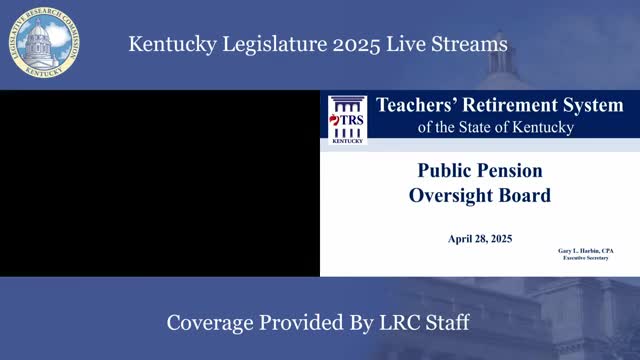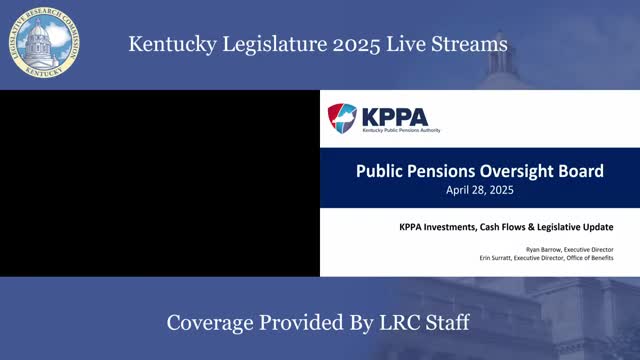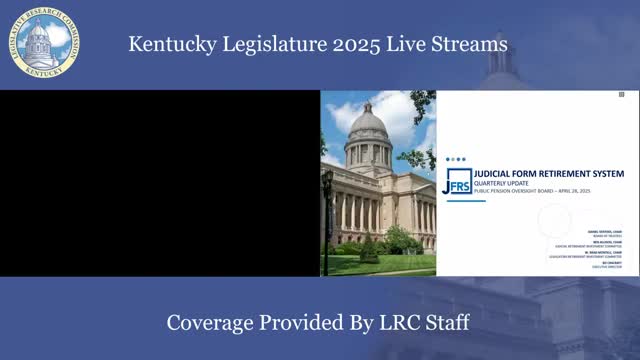Article not found
This article is no longer available. But don't worry—we've gathered other articles that discuss the same topic.

Teachers Retirement System posts gains; Senate Bill 9 limits common‑leave credit costs and House bills shift health‑trust contributions and return‑to‑work rules

KPPA reports modest gains; House Bill 30 and Senate Bill 10 change pension‑spiking and CERS retiree health subsidies

